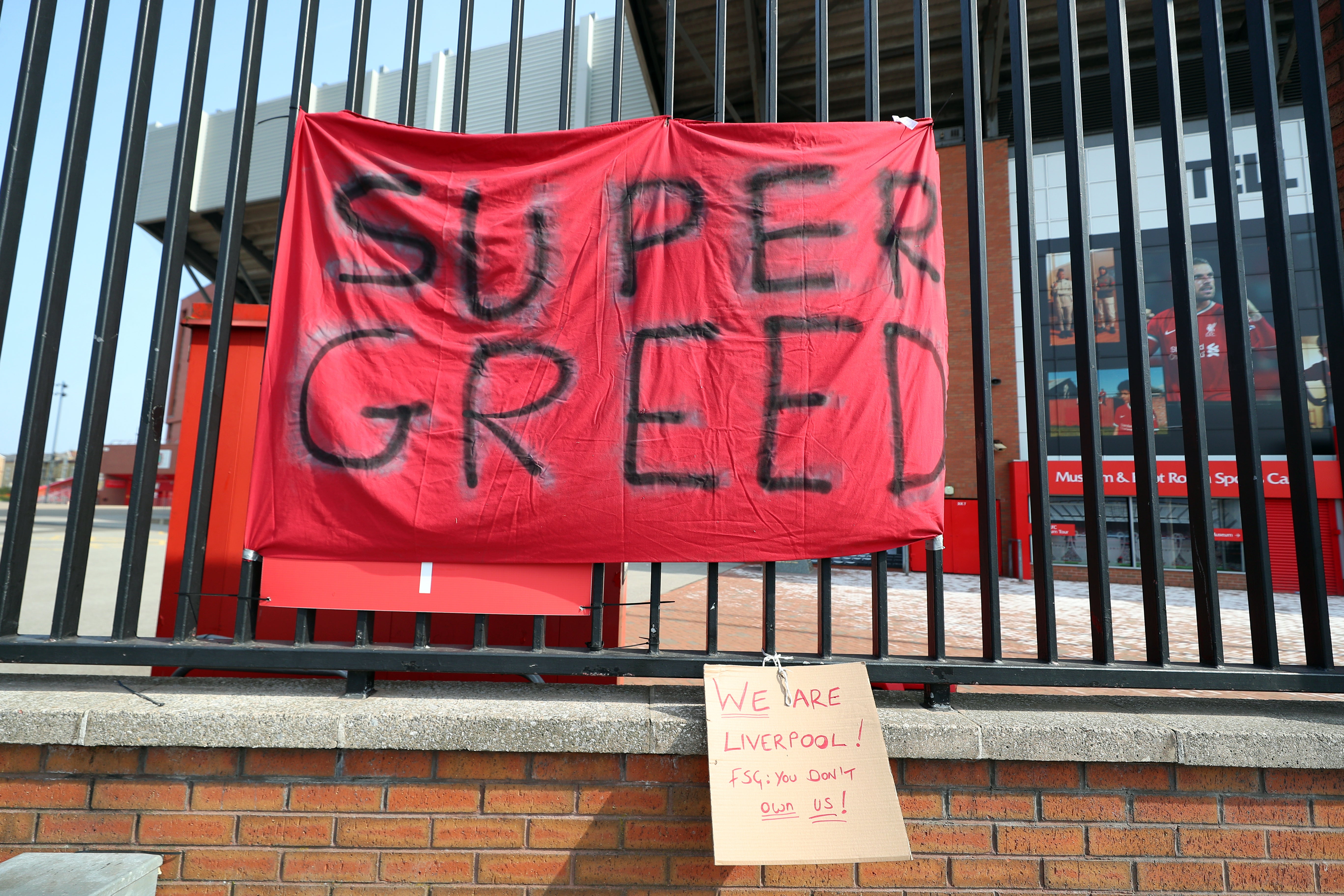Advocate General’s opinion on Super League court case due on December 15
A two-day hearing at the European Court of Justice in Luxembourg concluded on Tuesday afternoon.

The first indication of what the final outcome in the Super League court case might be will come on December 15.
A two-day hearing at the European Court of Justice (ECJ) in Luxembourg concluded on Tuesday afternoon.
The two companies behind the hugely controversial Super League project argue that UEFA and FIFA abused a dominant position under European competition law by blocking the league’s formation and then attempting to sanction the clubs involved.
The Super League was launched on April 18 last year with 12 founder clubs, including the Premier League’s so-called ‘Big Six’, but had collapsed within 72 hours after nine of the 12 had withdrawn amid political pressure and fan outrage.
If UEFA and FIFA are ultimately deemed to have abused a monopoly position by a Grand Chamber of 15 ECJ judges, the ruling has the potential to offer event organisers freedom to operate competitions without the permission of established governing bodies such as UEFA in the future.
The court has confirmed that the written opinion of the Advocate General in the case, Athanasios Rantos from Greece, will be published on December 15, during the men’s World Cup in Qatar.
The Advocate General’s opinion is non-binding, but in many previous cases, the court judges’ final ruling has closely mirrored it, so it could provide a strong indication of the final outcome.
UEFA’s legal team, led by Donald Slater, argued that the governing body’s right to authorise tournaments was necessary to prevent a “free for all” of conflicting competition formats, calendars and standards.
UEFA argued the Super League was “a textbook example of a cartel”.
European football’s governing body said there was no conflict of interest between it being a commercial operator as well as a regulator.
It cited a European Commission report which said that such a dual role was fundamental to “ensure sport serves wider social and societal functions”.
Subscribe to Independent Premium to bookmark this article
Want to bookmark your favourite articles and stories to read or reference later? Start your Independent Premium subscription today.

Join our commenting forum
Join thought-provoking conversations, follow other Independent readers and see their replies